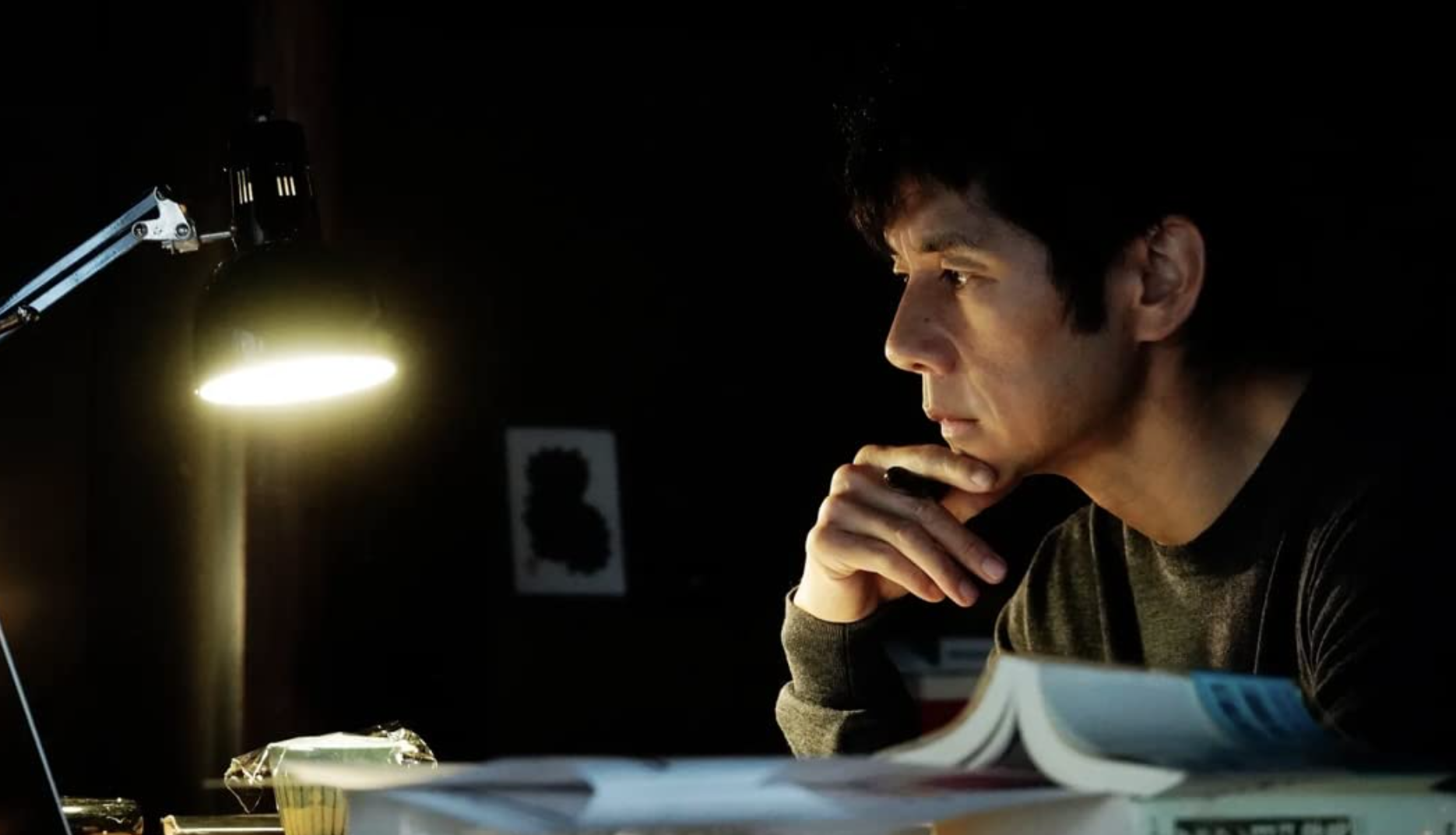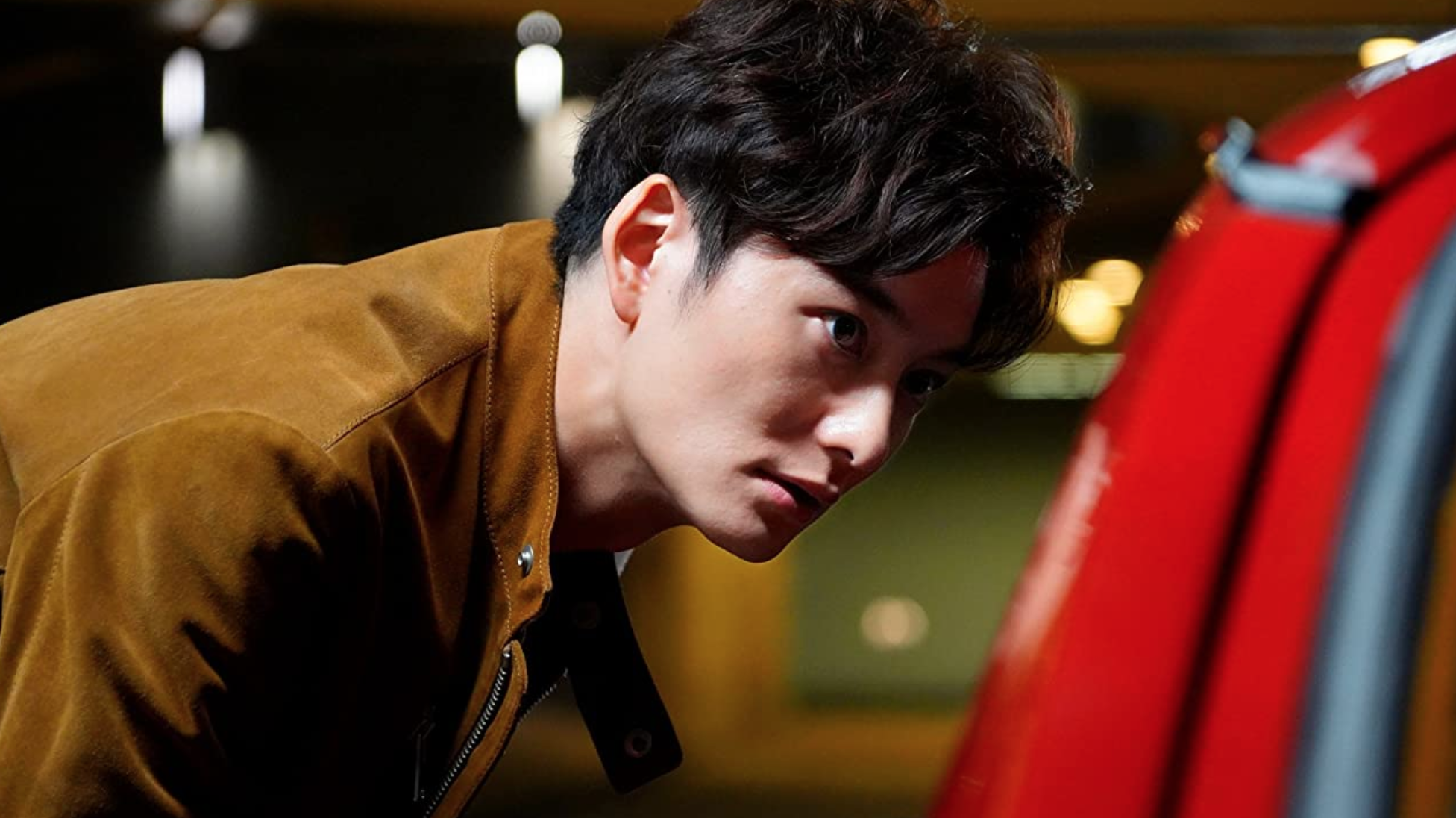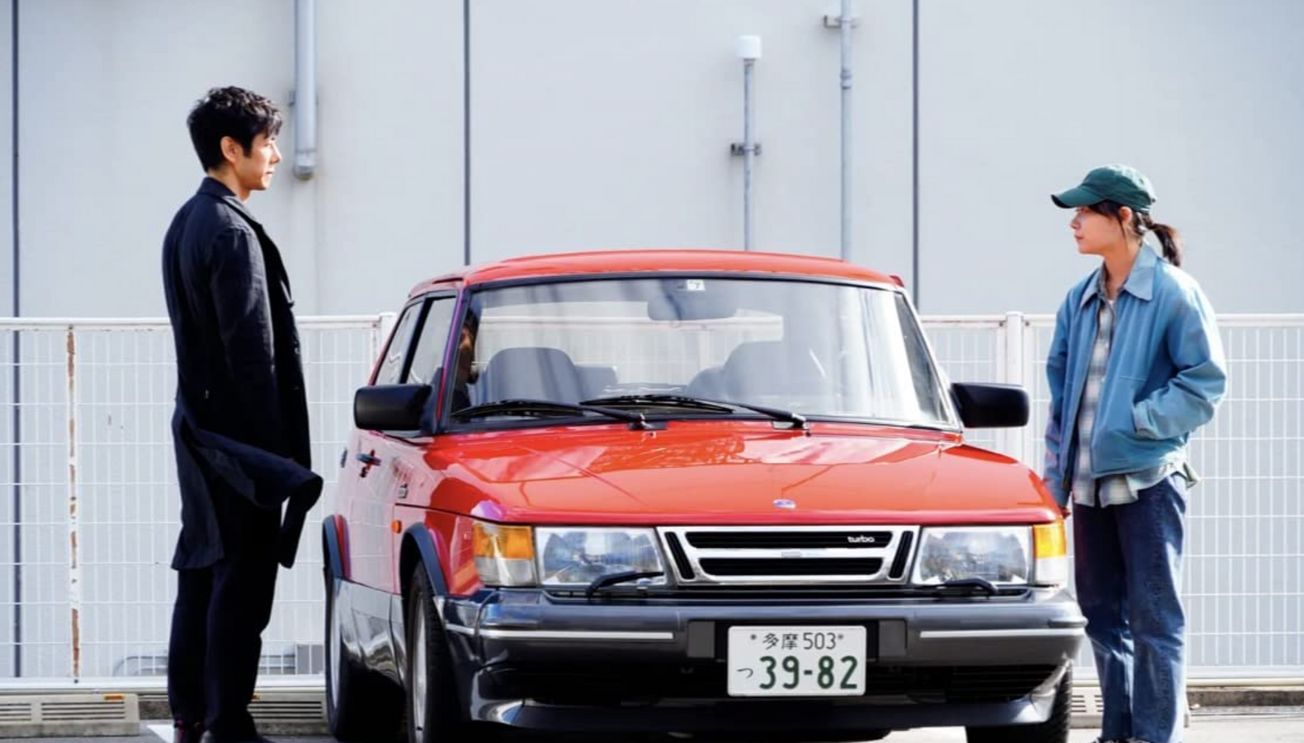By Ollie Dixon, MA Film & Television
Drive My Car, Ryusuke Hamaguchi's adaptation of Haruki Murakami's short story, opens with some of its most poignant frames. We see a woman's body in silhouette, sat upright on a bed, with pink sunlight and a vast metropolis squirming through the windows behind her.
The details of her figure and face are ungraspable. The light streaming in engulfs her and, as she talks, we catch shadowed glimpses of gestures and mannerisms before a slight movement drags them back into unknowability.

Suddenly, the camera facing away from the window, we plainly see the scene before us; a man and woman in bed, the man lying half-asleep, the woman sitting upright as she tells an enigmatic tale of an obsessive school-girl. The camera reveals details, faces, wrinkles and figures - all with an unadorned intimacy. Then, once again, the silhouette; the impenetrable, shadowed form.
These frames exemplify the film's poetic drive and the inward mental spiral of its leading character, Yūsuke Kafuku, a playwright and actor, as he threads through grief and the true nature of his late wife's infidelity. It is the mystery of identity, those transient moments of deep connection with one's self and others, moments suddenly disfigured by time into indiscernible phantoms and our inevitable blind spots to sincerity in an individualised culture that concerns Drive My Car's 179-minute run-time.

As Yūsuke labours at a multilingual adaptation of Chekhov's Uncle Vanya, he forms a loving friendship with his chauffeur, Misaki. They and others navigate one another through stories and performances which, in brief instances, help them reach through cultural, linguistic and historical barriers.
Hidestoshi Shinomiya's cinematography heightens subdued performances through framings that unveil character's (dis)connections. Skewed over-head angles recall the spatial-character separations of Ozu's Tokyo Story. Tracking wide shots leave an aching longing to reach out to the characters, to know them in ways they cannot know themselves.
Yet Drive My Car's poetry is as much in its rhythms as it is in its framings. Stillness and silence evoke just as much as its many movements and noises. Indeed, the film's greatest triumph is its cinematic translation of Murakami's oneiric flows - a rhythm that leaves us in a similar state to Yūsuke: lulled along by life's idiosyncrasies whilst he pulls mutely against the current in search of answers.

Despite a rather unnecessary coda sequence, Drive My Car is poetic-cinema in its most refined state. I have not felt such unfathomable weight since first watching Tarkovsky's Mirror or Dreyer's Day of Wrath. The film demands multiple returns in order to thaw away the treasure beneath its icy exterior - and return to it I will.
Featured Image: IMDB
What are your thoughts on the Cannes winner?









